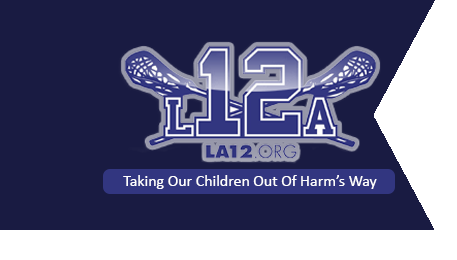‘He Was My Savior’ Bay Shore oral surgeon, advocate of lifesaving device, uses it to save women
A Son’s Death Inspires a Mission
April 22, 2007Three Bystanders, One Defibrillator Combine to Save a Life
June 16, 2007Dr. Craig Levine couldn’t save his 9-year-old son, Robbie, from dying of sudden cardiac arrest on a Little League ballfield in September 2005, but when faced with a similar situation with a patient this week, he made a difference.
Levine, of Merrick, and his family have raised money to provide defibrillators to youth sports leagues since his son’s death. On Thursday afternoon, there was a fresh reminder of the urgency of their efforts, when a woman collapsed from a heart attack while waiting for a dental consultation in Levine’s oral surgery office in Bay Shore.
Levine had an automatic external defibrillator on hand, and doctors say he probably saved the woman’s life.
“I’ve never been a person who’s believed in destiny, but there’s something weird here,” Levine said Friday. “Maybe this is our mission in life.”
Loretta, 76, a Moriches woman who declined to give her last name, said she believes divine intervention guided her to Levine’s office.
“God took me to sit in … [his] office,” she said while resting in the intensive care unit at Southside Hospital in Bay Shore. “And a dentist! Who would have thought?” she added. “He was my savior.”
Loretta said she was making her first visit to Levine on Thursday because she had a loose tooth cap and jaw aches. Earlier that day she had eaten some spicy chili, and when she started having chest pains while driving to Levine’s office, she blamed it on heartburn. But as she was waiting, her heart stopped beating and she passed out against the wall.
While his staff called 911, Levine prepared the defibrillator. New York State oral surgeons, because they may administer anaesthesia to patients, are required to have defibrillators in their offices and to know how to use them, Levine said.
The Phillips HeartStart he has in his office is the same model that the Forever 9 foundation – the foundation that Levine started – has provided to youth sports leagues. The machine, intended for nonhospital use, is smaller than a phone book, and the two thin plastic paddles are each the size of a playing card.
Levine believes in defibrillators and still wonders if Robbie would have lived if one had been at that ballfield. The foundation, which is dedicated to Robbie’s memory, is having its second annual fundraiser run Sunday in Merrick.
After Levine shocked Loretta, she vomited twice and began breathing normally.
Levine and the hospital said a patient’s chances of survival decrease by 10 percent every minute after a heart attack.
Paramedic Tim Dackow arrived with the Bay Shore-Brightwaters Volunteer Ambulance crew. “The physician obviously made the big difference by applying the … [defibrillator] and doing the lifesaving shock,” Dackow said. “Without his efforts, everything else I did and the hospital staff did may not have been successful.”
Loretta hasn’t had a heart attack before, but she has a pacemaker and a history of heart disease, she said. She hoped to be discharged next week, possibly with a new pacemaker with a built-in defibrillator.
“We’re very relieved because my dad had a massive heart attack, and he didn’t live,” said her daughter Ann.
Levine naturally has mulled the strange turn of events. “I’d much rather have saved my son’s life,” he said quietly. “But any life you save is good, and it’s not up to me to determine whose life you do save.”
And he knows Robbie would have given him a high-five for his heroic deed. “I think he would have been pretty impressed,” Levine said.
Heart smart
NORMAL HEART: To pump blood, the heart’s four chambers work in an orderly, synchronized manner.
CARDIAC ARREST: Faulty electrical and chemical signals, brought on by a heart attack or medical condition, can throw off the pumping rhythm. Blood flow to the body and brain slows or stops.
DEFIBRILLATOR: Two paddles placed on the patient’s chest discharge jolts of electricity that reset the heart to a normal rhythm.
Copyright 2007 Newsday Inc.

